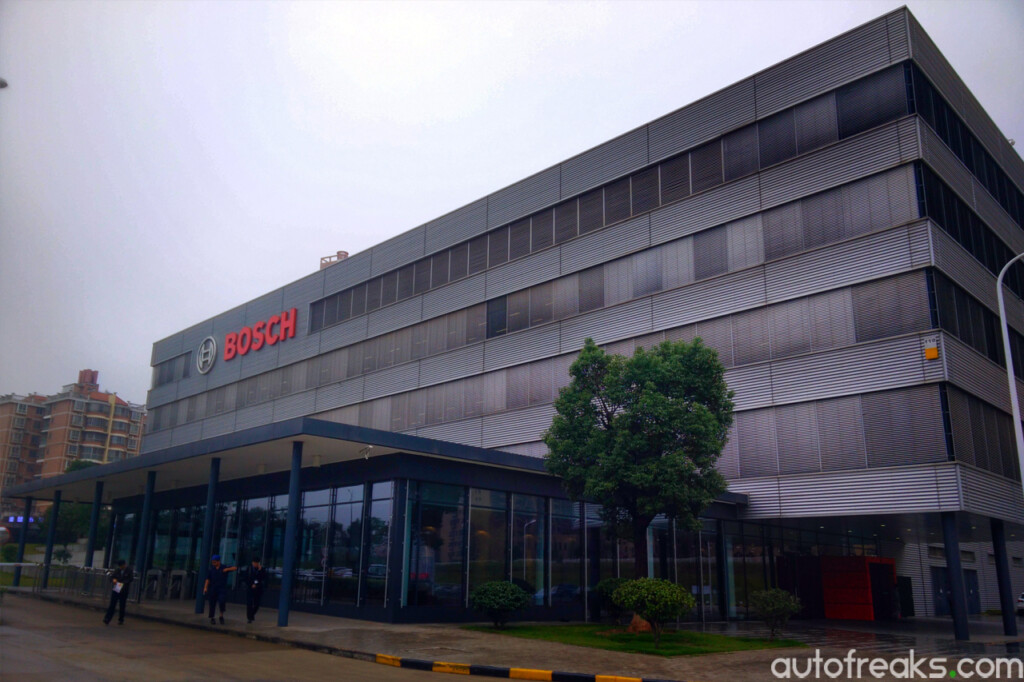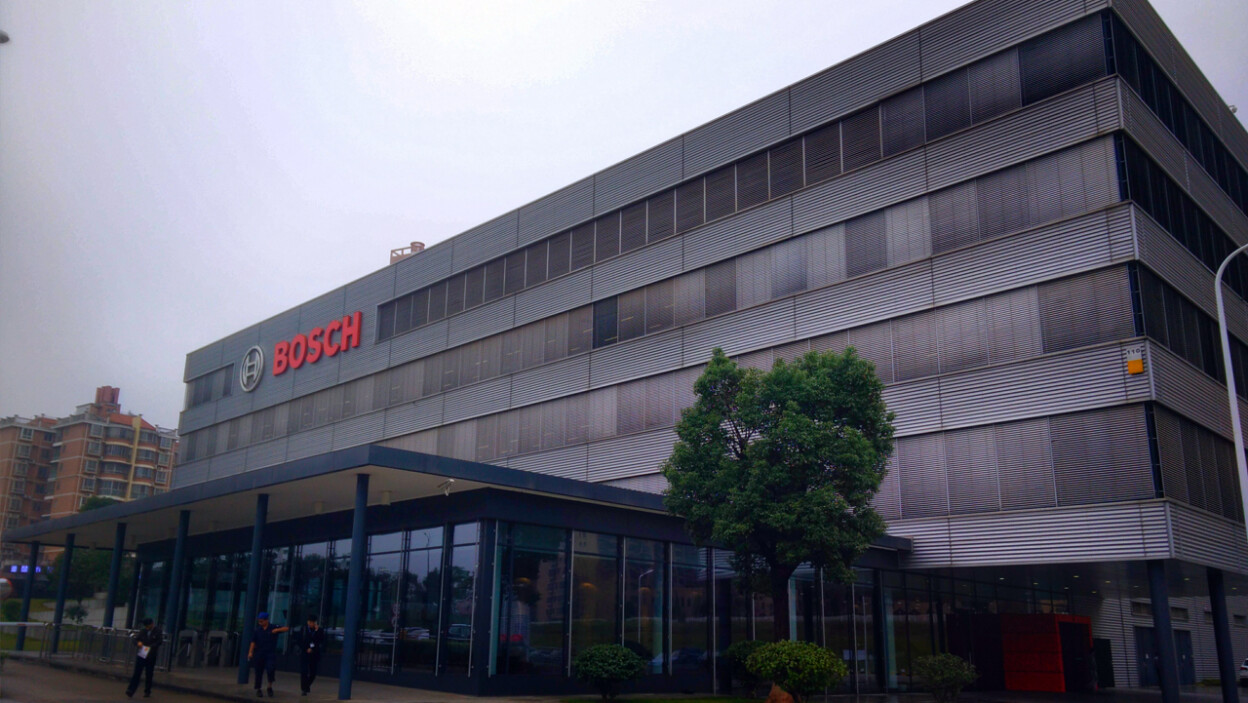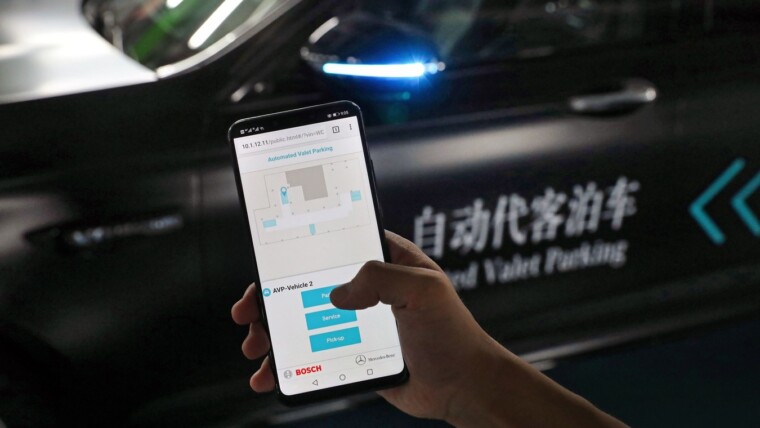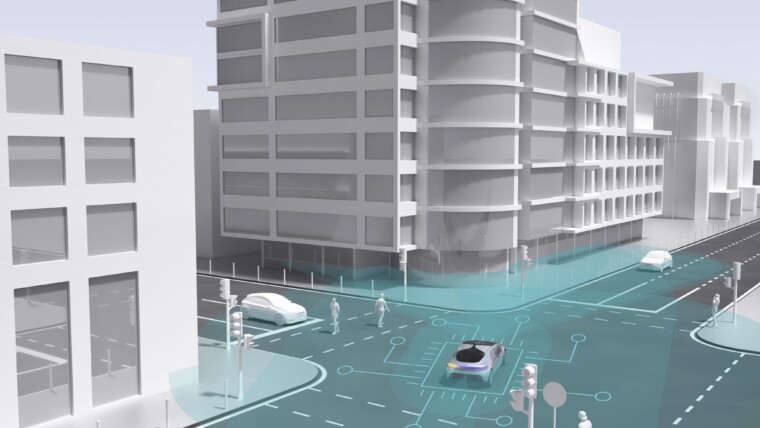
Bosch regards electromobility as an area of future importance with the company estimates that nearly 20 million hybrids and electric vehicles will be produced in 2025.
For this reason, the supplier of technology and services is now setting up an operating unit specifically for electromobility. The unit will be part of the new Powertrain Solutions division.
From the start of 2018, this will include the company’s electromobility activities as well as today’s Petrol Systems and Diesel Systems divisions. In the future, therefore, Bosch will supply existing and new customers with all powertrain technologies from a single source. As well as expanding electromobility, Bosch will work intensively on further improving combustion-engine technology. In addition to the 20 million new hybrids and electric vehicles on the world’s roads in 2025, there will be some 85 million new petrol and diesel-powered vehicles.
“Whether in diesel technology, petrol technology, or electromobility, Bosch is the number-one engineering and technology partner for automakers. We are strategically well prepared for the shift to electric driving,” says Dr. Rolf Bulander, chairman of the Bosch Mobility Solutions business sector and member of the board of management of Robert Bosch GmbH.
“Whether fuel or electricity, Bosch will drive the powertrain in the future as well. As it is still unclear which powertrain or which combination of the various types will dominate when, we are taking a two-pronged approach, and continuing to extend our expertise and knowledge in both electromobility and combustion engines,” Bulander adds.
As the technology and market leader for powertrain, Bosch is playing an active role in shaping the transformation of mobility concepts. In the future, the new Powertrain Solutions division will offer a wide-ranging portfolio of technologies that will make getting from A to B more efficient, economical, and eco-friendly for people around the world.
Heavy investments in innovative powertrain solutions
Each year, Bosch spends several billion euros on further improving powertrain solutions. In the quest to achieve a breakthrough in electromobility alone, the company invests 400 million euros annually. Most of this has gone into battery research and development. Worldwide, Bosch is the only classic automotive supplier researching into both current and future cell technologies. The company has already won more than 30 electromobility-related orders from international automakers. Some 1,800 Bosch experts are working on the electromobility of the future.
Closer to the market and customers
With its new Powertrain Solutions division, Bosch wants to be able to offer its customers powertrain-related support from a single source, and to increasingly offer complete systems solutions in addition to individual components.
“Increasingly, our customers’ requirements are going beyond the combustion engine. This dynamic shift toward electrification will play a leading role in shaping the new division. In this transformation process, we will be there to support our customers with knowledge and technology,” Bulander says.
Strategically speaking, Powertrain Solutions will focus on 3 core segments: passenger cars and trucks with combustion engines and hybrid powertrains, and electric vehicles. This involves wide-ranging challenges.
“We see huge growth potential in electromobility and commercial vehicles. When it comes to passenger cars with combustion engines, our main focus will be on improving efficiency,” Bulander says.
Technical innovations will be needed for all powertrain solutions. In the end, only companies which market products that further reduce fuel consumption and emissions will remain competitive over the long term.
Changes in the market
In the years ahead, Bosch will develop all these technologies in parallel. Only in this way will the company be able to react quickly and flexibly to changes in the market, and this across all areas relating to the powertrain. There is currently no doubt that mobility will be electric in the long run. At present, however, it cannot be reliably forecast when and how quickly the change will come, and what form it will take.
Powertrain Solutions will bring together roughly 88,000 associates at more than 60 locations in 25 countries around the world. Even today, associates from Petrol Systems and Diesel Systems are successfully working together. This collaboration will be intensified in the new division from 2018.
Other posts by AF Newsdesk







